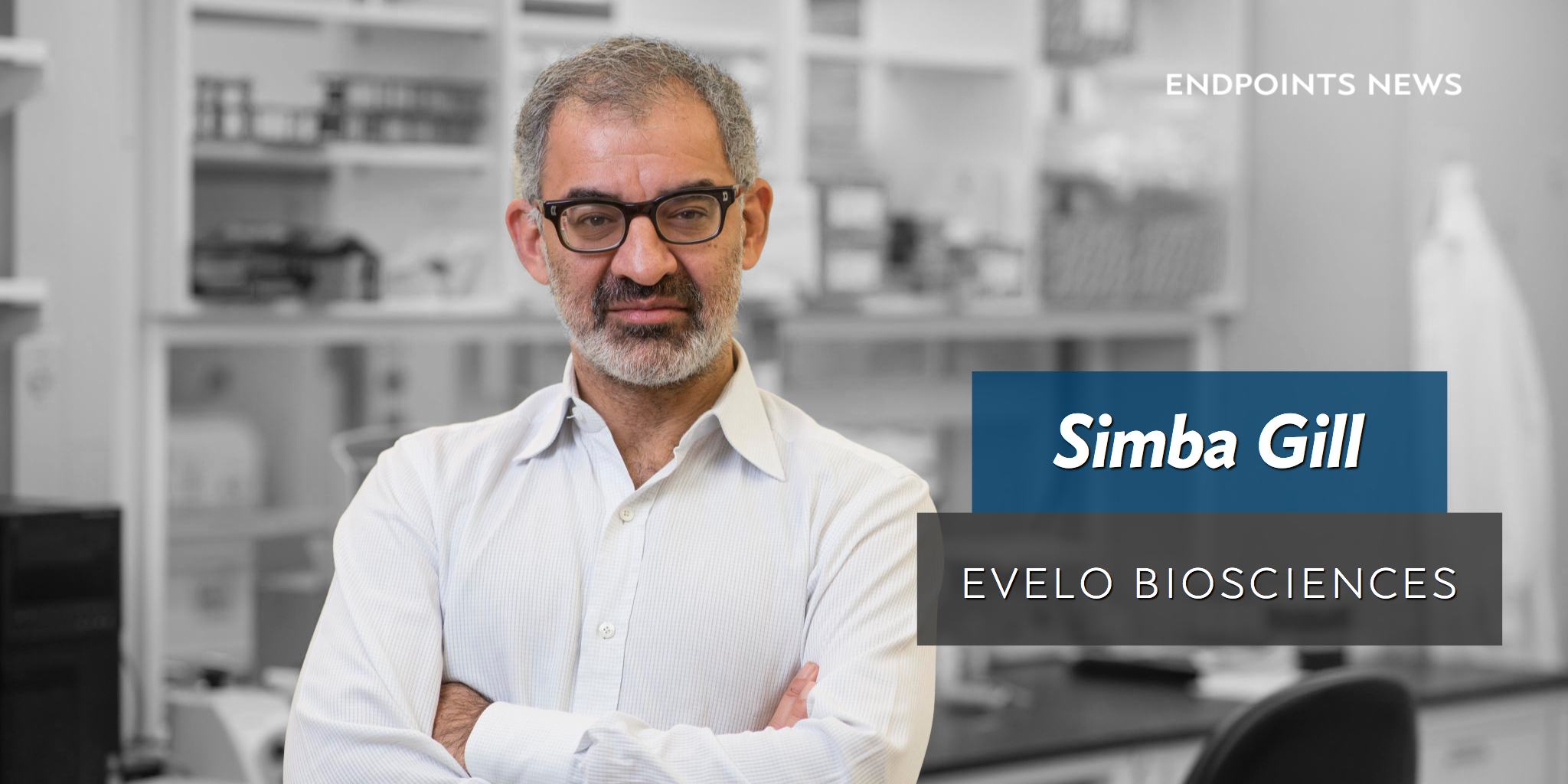
After raising $100M, Google-backed Evelo looks to blaze a new trail with monoclonal microbials
Simba Gill has always wanted, in his own words, “to build one great, fully-integrated biotech company.”
And now he’s taking his shot with Evelo Biosciences …
Sign up to read this article for free.
Get free access to a limited number of articles, plus choose newsletters to get straight to your inbox.